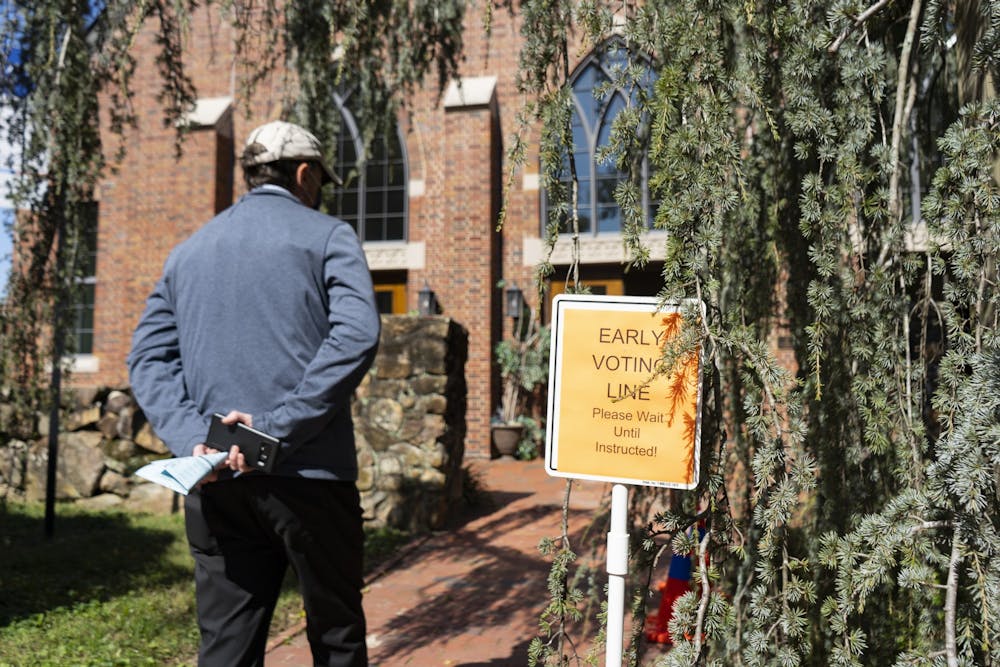The North Carolina NAACP announced last month that it would take a voter ID lawsuit to the N.C. Supreme Court. The lawsuit revolves around a constitutional amendment passed in 2018, that requires photo IDs to vote.
The N.C. General Assembly placed the amendment on the ballot. However, members of the lawsuit, including the NAACP and the Southern Environmental Law Center, say a constitutional amendment shouldn’t be placed on a ballot by a racially gerrymandered supermajority.
The N.C. Supreme Court ruled in 2017 that the N.C. General Assembly was elected based on racially gerrymandered districts.
Irving Joyner, a lawyer who is representing the plaintiffs, said they are not arguing against all the legislation passed by the racially gerrymandered legislature, but are opposed to a constitutional amendment requiring a supermajority.
“In the instance where you have the requirement of a supermajority and the people that are promoting that, have cheated, have violated the very principles of a democratic society and violated North Carolina and federal law in order to achieve a base of power they are not entitled to, then that is where the objection comes in,” he said.
Kym Hunter, a senior attorney for the Southern Environmental Law Center, said since this supermajority was only gained through gerrymandering, Democrats would have no way to reverse this decision. Additionally, she said repealing the amendment would set a precedent on the impact a gerrymandered legislature can have.
“This case is a novel unsettled question of law, and so it really always has been a question destined for the Supreme Court,” Hunter said.
Joyner and Hunter said requiring voter ID disenfranchises the African-American and Latinx communities. Across the United States, up to 25 percent of African Americans who are 18 or older don’t possess a government-issued photo ID, while only 8 percent of white individuals of the same age lack this identification, according to the ACLU.
Bradley Hunt, a political action chairperson for the NAACP's Greensboro branch, said he believes the amendment was intended to disenfranchise voters of color, and a photo ID shouldn’t be required for the fundamental right to vote.



